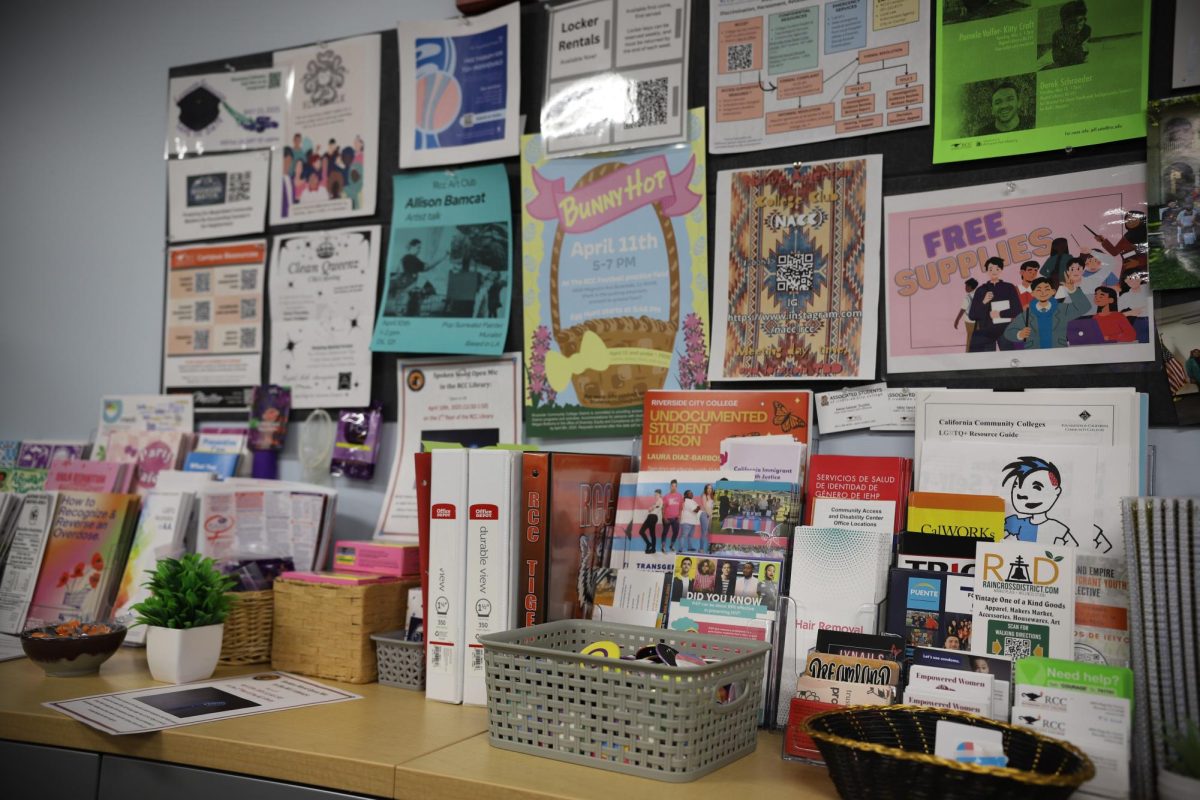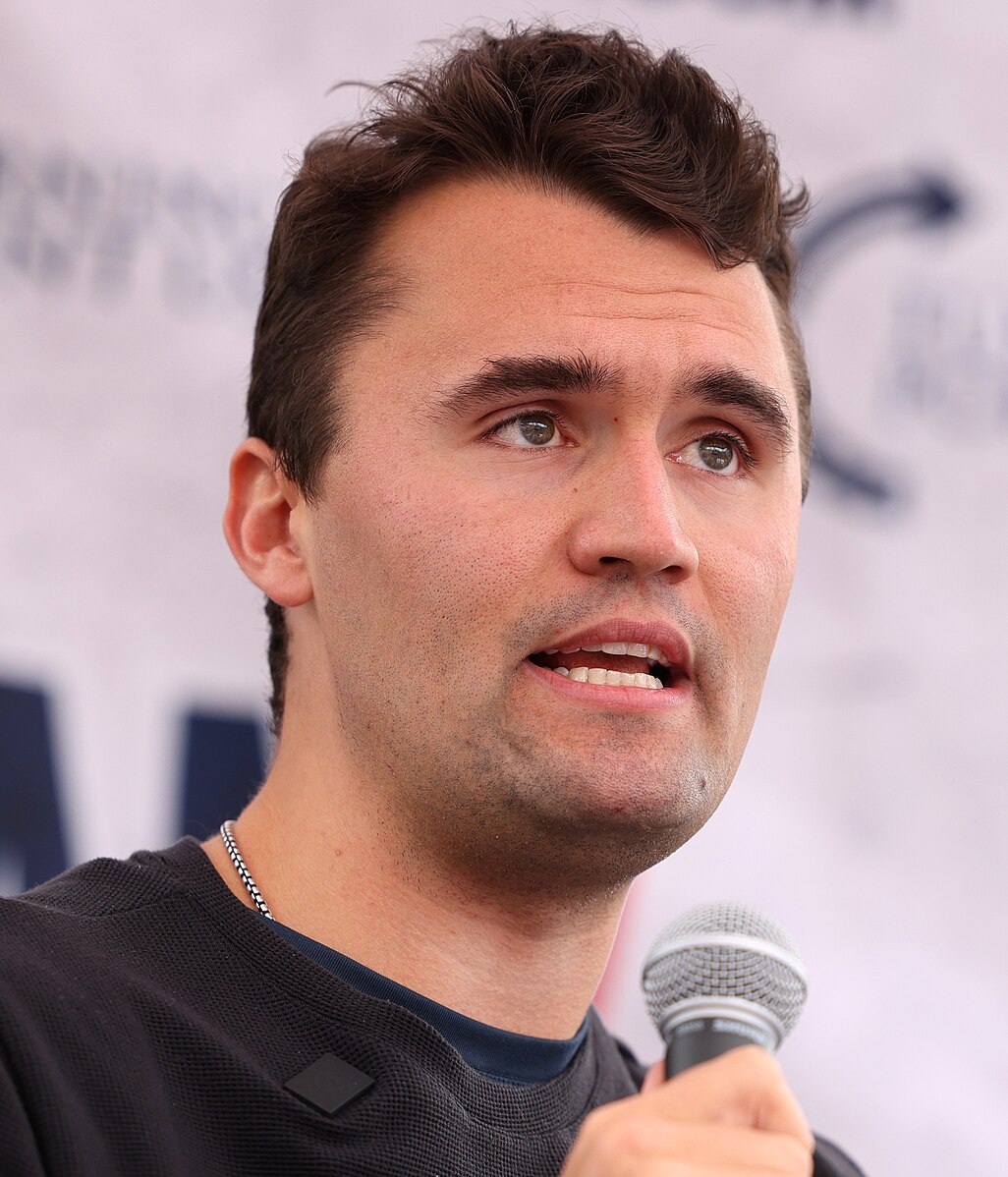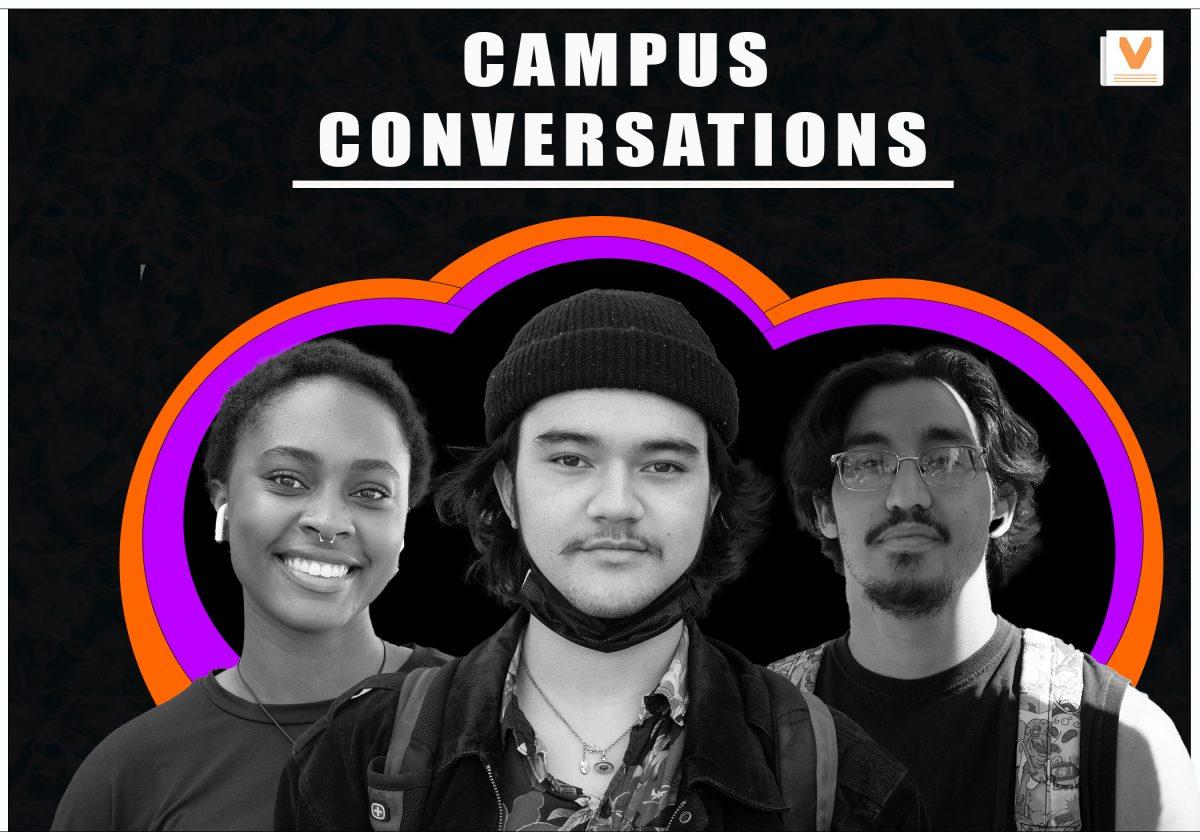They were glib words, couched in years of lived experience and practicing queer theory in a political framework evolving at breakneck pace. Queer people are funny, sensational magnets for attention regardless of whether or not they want to be. The othered demographic is often self-aware—of stereotypes, of preconceptions, of being evaluated—and often acts in conjunction with such factors.
The queer aptitude for spotlit conduct is a matter of transgression. We break rules implicitly, earning the fervent attention of all within earshot and line of sight. We spur conversations we will never partake in between parents and children, states and schools, laypersons and their own fantasies.
We ask difficult questions and play among zones which heteronormativity and its extended systems have deemed sacred. Traditional values and omnipotent constructs crumble over obsessive uncertainty regarding a neighbor’s reproductive machinery, threatening hitherto unconquerable truths which select sociocultural persuasions hold so dear—but is the reconstitutive potential not worth considering?
Alas, the assimilation of queerness into cultural tolerance has been a clunky yet conservative process which fetishizes and ogles our most attention-getting caricatures, but discards necessary discourse and phenomenological dignity.
Let me rectify this: RCC’s queer community has been vocal and involved on campus in ways Dr. Oliveros didn’t prepare in the least to discuss at her luncheon; hence, I don’t think she was ready to talk to the gays. It’s funny, and it’s true, and the dialectical validity of such a phrase is worth considering as Pride Month 2025 unfolds here at RCC and beyond.








